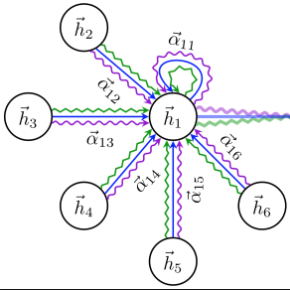Automatic Sign Language (SL) recognition is an important task in the computer vision community. To build a robust SL recognition system, we need a considerable amount of data which is lacking particularly in Indian sign language (ISL). In this paper, we introduce a large-scale isolated ISL dataset and a novel SL recognition model based on skeleton graph structure. The dataset covers 2002 daily used common words in the deaf community recorded by 20 (10 male and 10 female) deaf adult signers (contains 40033 videos). We propose a SL recognition model namely Hierarchical Windowed Graph Attention Network (HWGAT) by utilizing the human upper body skeleton graph. The HWGAT tries to capture distinctive motions by giving attention to different body parts induced by the human skeleton graph. The utility of the proposed dataset and the usefulness of our model are evaluated through extensive experiments. We pre-trained the proposed model on the presented dataset and fine-tuned it across different sign language datasets further boosting the performance of 1.10, 0.46, 0.78, and 6.84 percentage points on INCLUDE, LSA64, AUTSL and WLASL respectively compared to the existing state-of-the-art keypoints-based models.
翻译:暂无翻译




